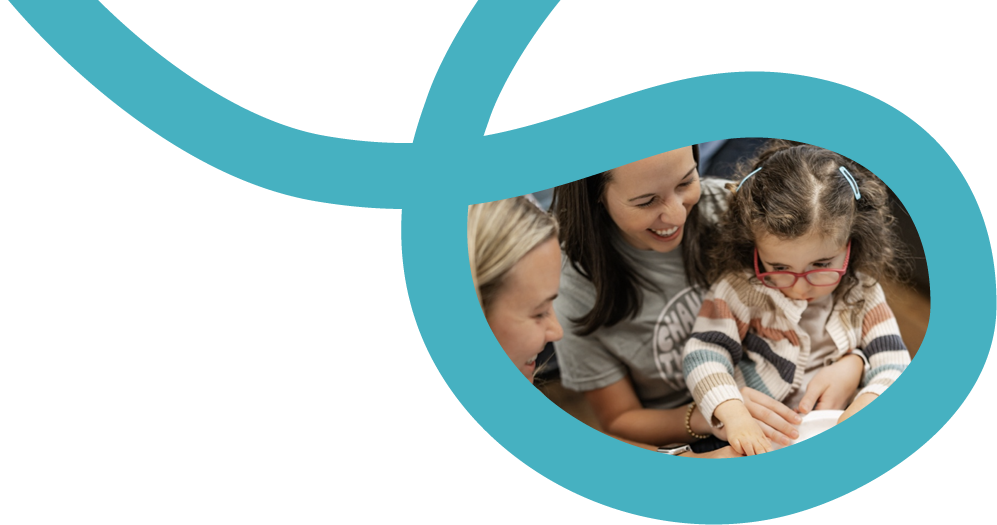Resources for churches
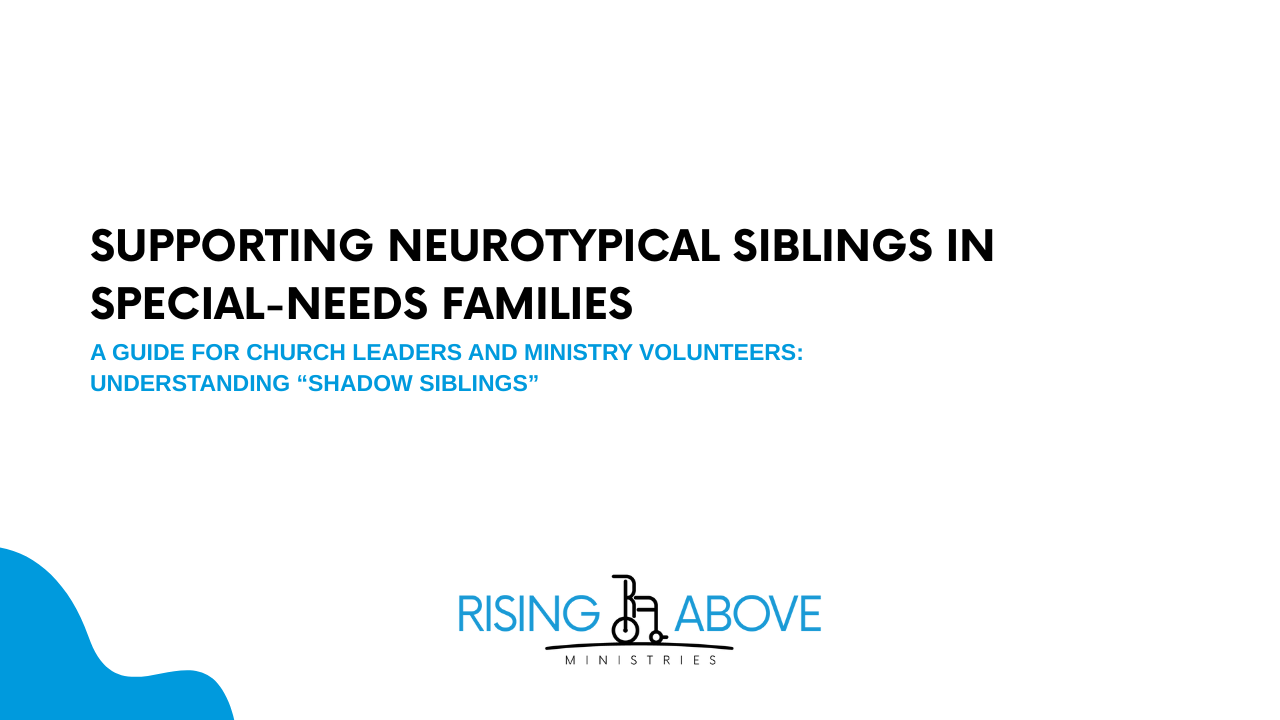
An often-overlooked group in disability community is the siblings. Church leaders can play a big role in supporting these kids—by listening to their feelings, helping them explore their own gifts, and reminding them they are…

Welcome back to our 3 part series on ASL church vocabulary. Learn basic church signs in American Sign Language. Learning these signs will help you engage with Deaf people in your community and help your church go from just…
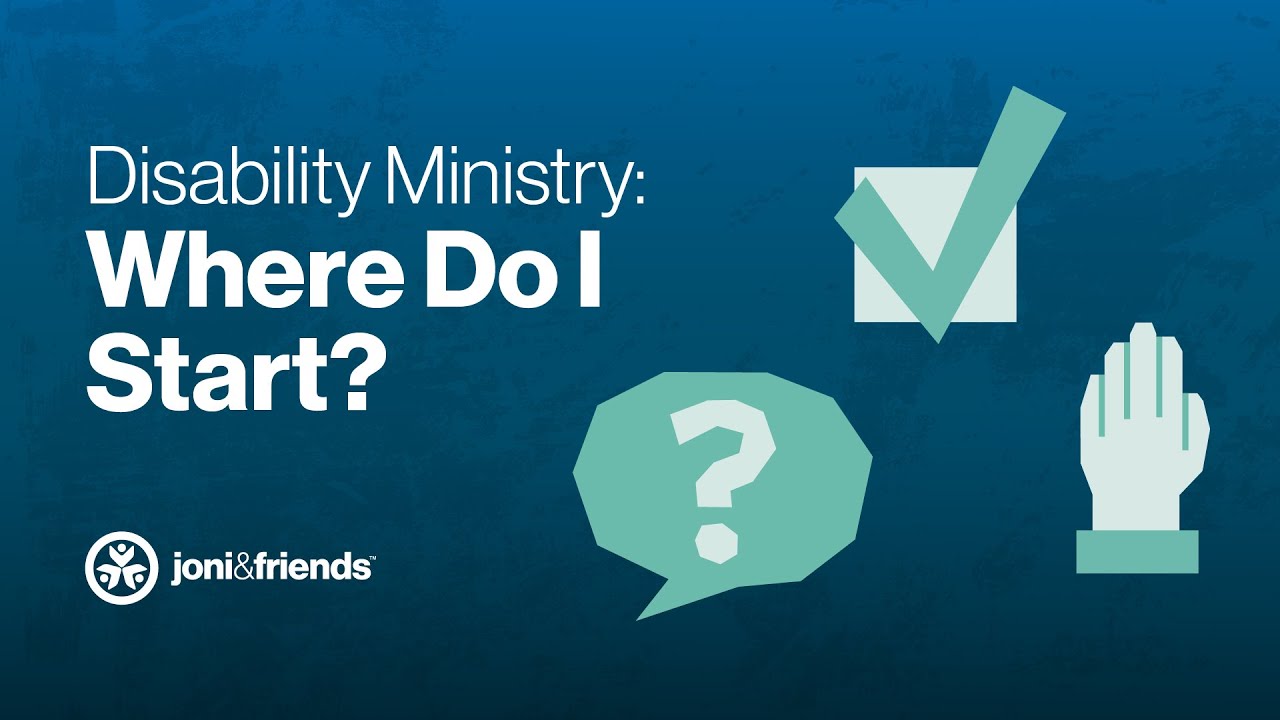
This video provides five tangible steps any church can take towards providing meaningful support to people of all abilities. Also included is a document describing disability ministry models. What is a “ministry model?” A…
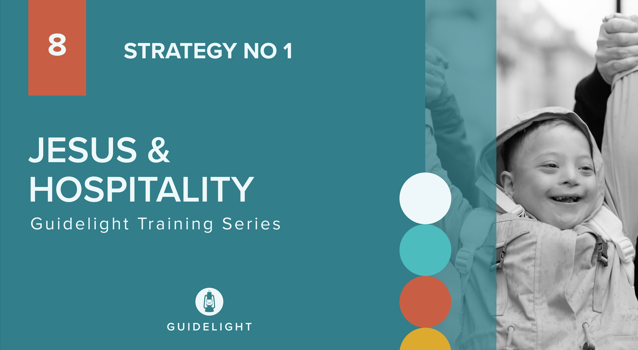
Jesus models so much for us, see how he modeled hospitality as it pertained to those with disabilites and those marginalized.

Visual timers are a great self-regulation tool to ease difficult transitions, relieve anxiety, and visibly track time. This highly effective sensory tool has many uses for the church. Training Video 7 of 8
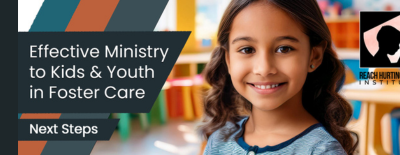
Now it's time to get to work! Recap Units 1-4 and review key prinicples and strategies of trauma-informed ministry.

We are all designed to worship our Creator but sometimes corporate worship services can be challenging for those with sensory-processing differences.
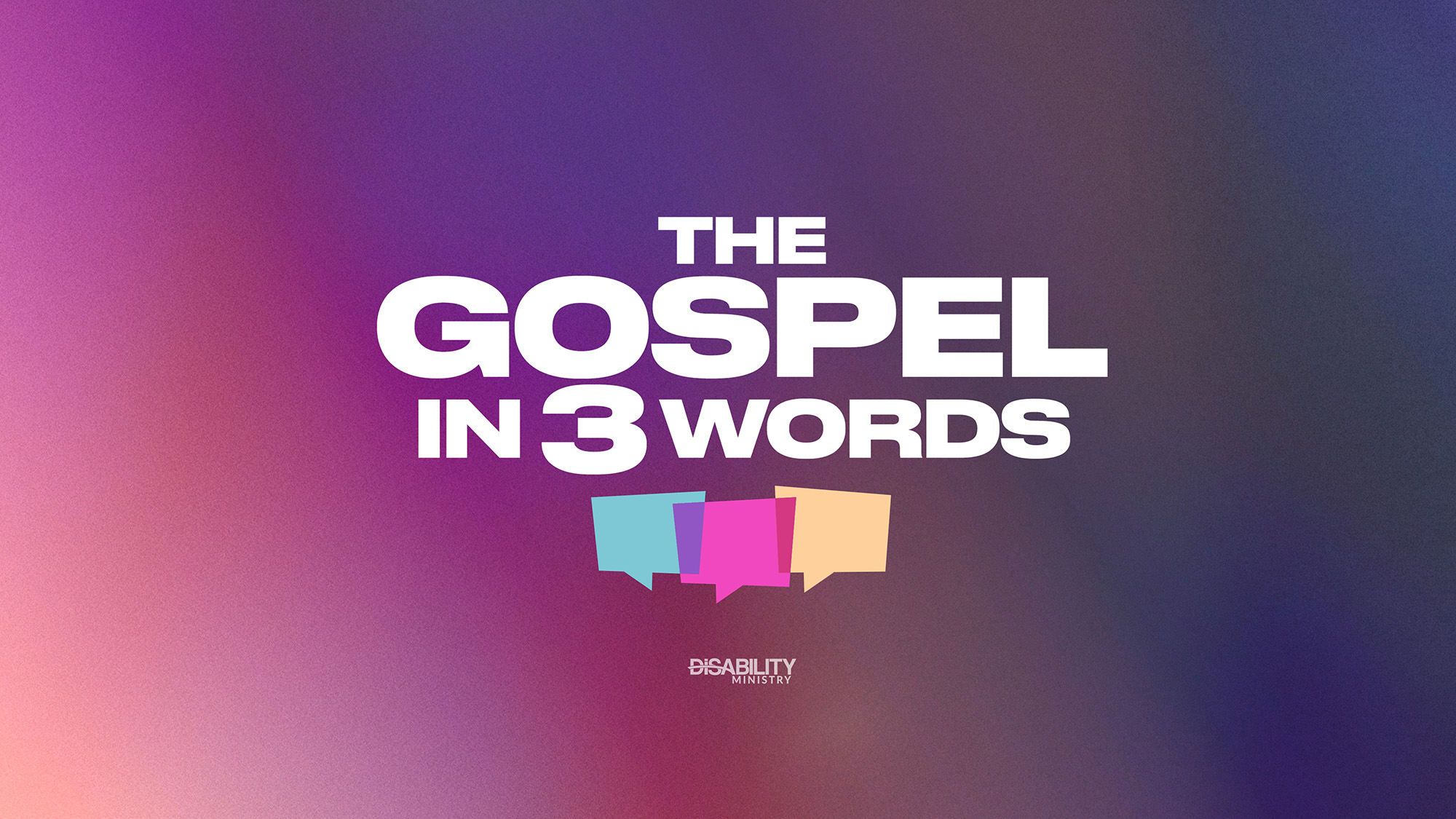
Dive into this 6 part video curriculum series focused on sharing the Gospel!
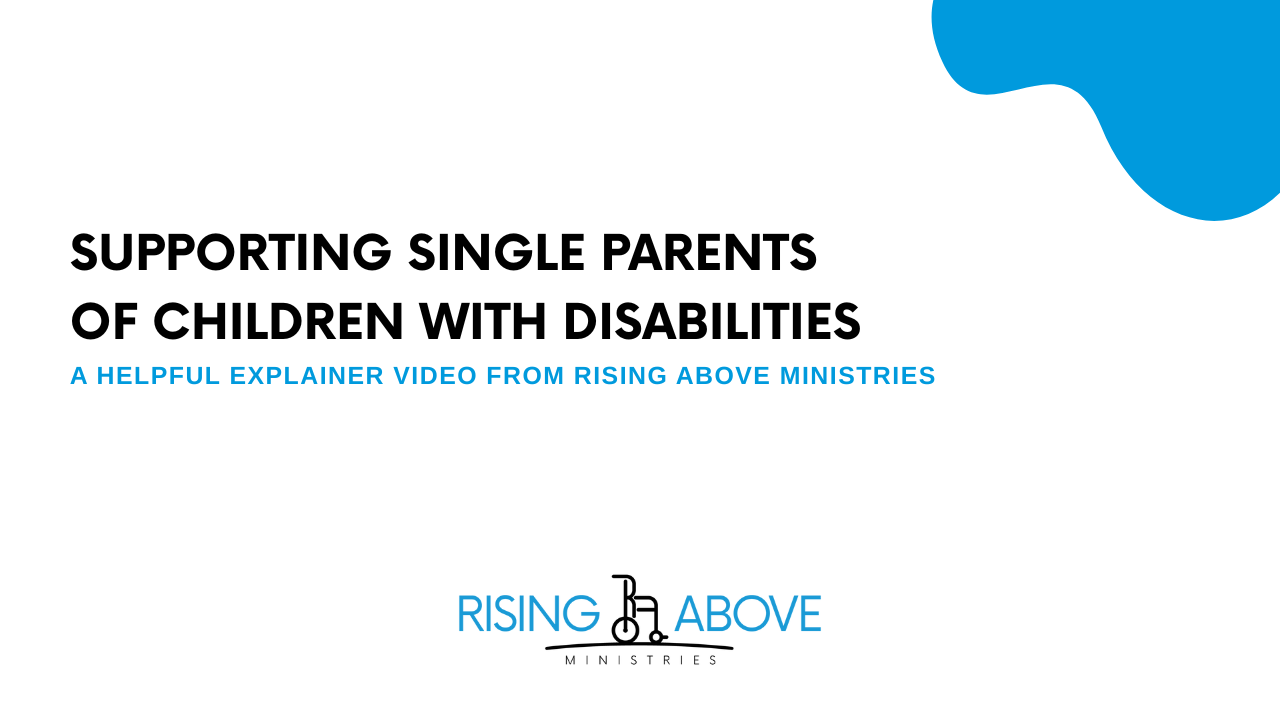
In this video, Becky offers insight into how the Church and caring individuals can make a meaningful difference through simple, thoughtful acts of support—like providing meals, helping with household tasks, or just being a…

Welcome back to our 3 part series on ASL church vocabulary. Learn basic church signs in American Sign Language. Learning these signs will help you engage with Deaf people in your community and help your church go from just…
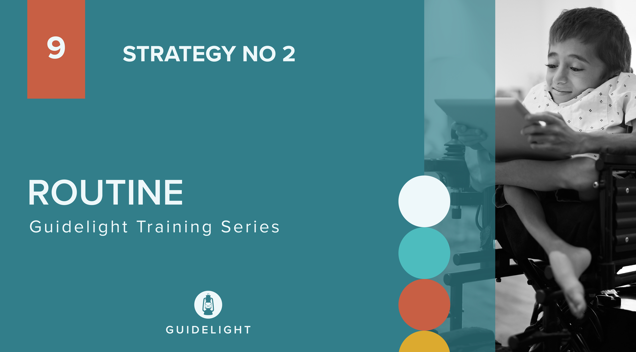
Implementing routines into our plans to serve those with special needs is a great way to make them feel safe and engage their interests.
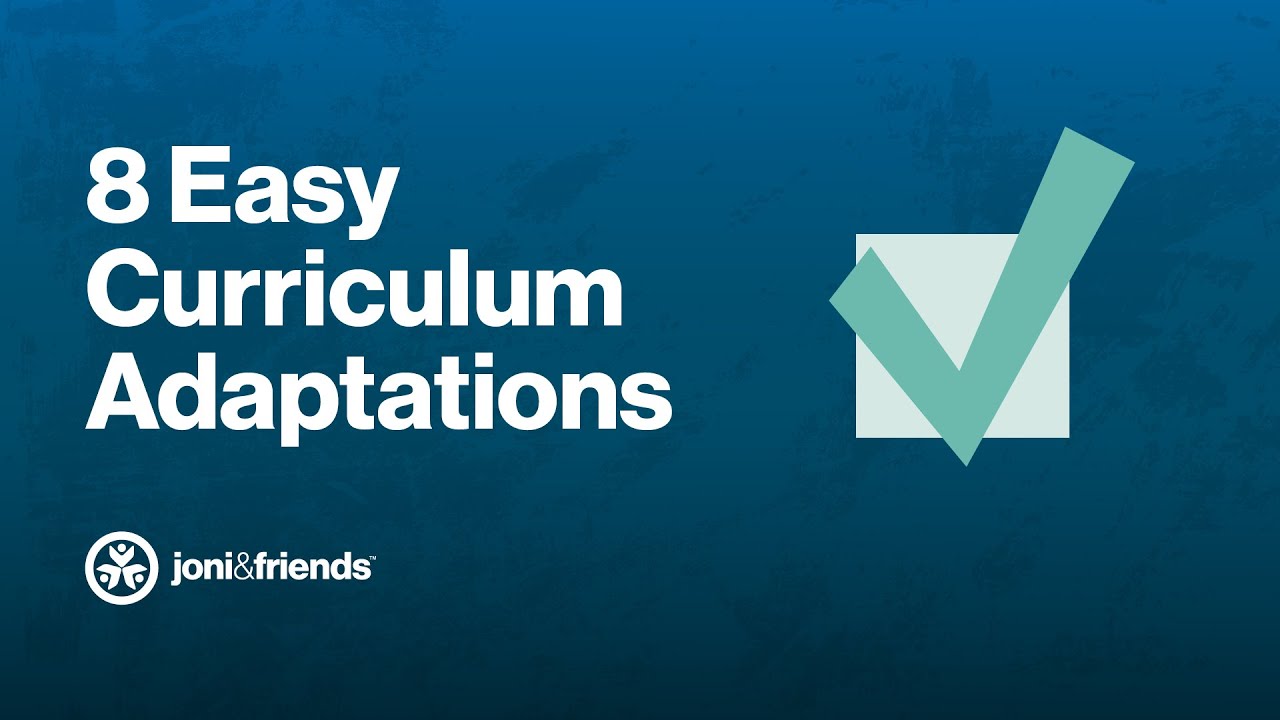
Sometimes, all that’s required for someone to access God’s Word is a teacher who’s willing to put in a little effort and a few simple adaptations. This video will give you eight simple tips that can help unlock the rich…
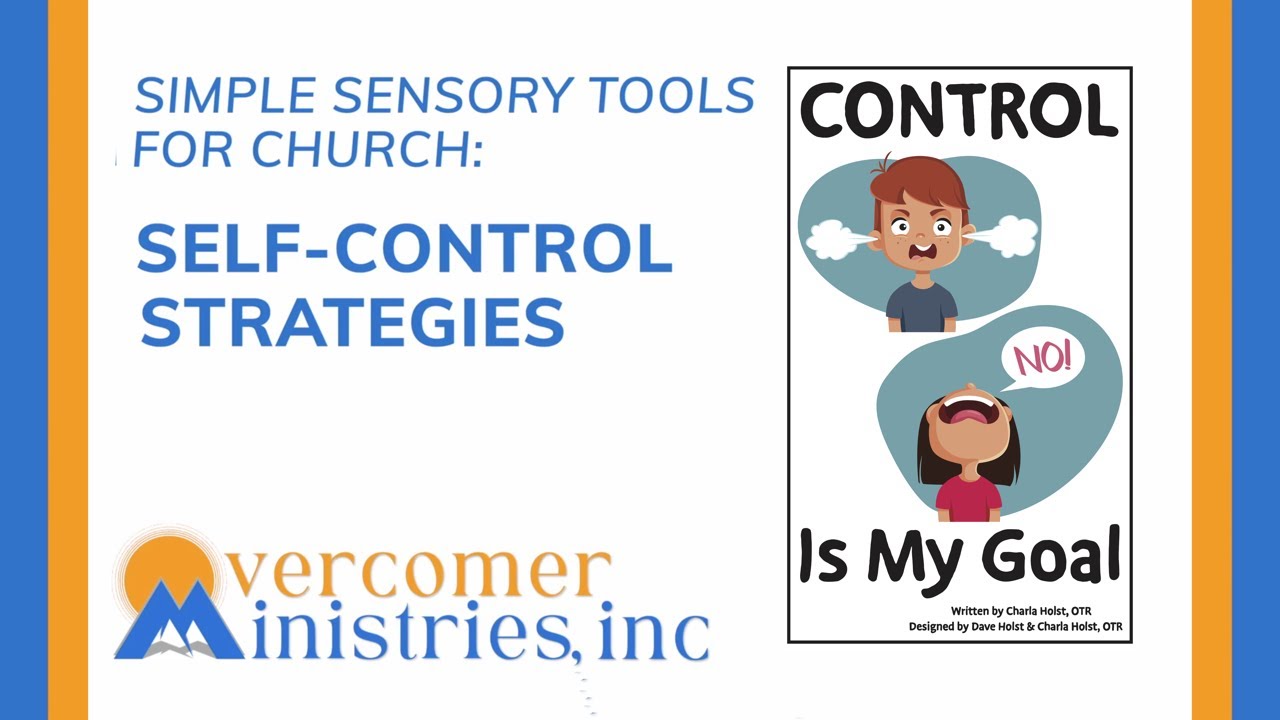
Relax and enjoy a calming experience that also teaches self-control. Use this video to help children choose the self-regulation strategies they need to gain focus and self-control. Training Video 8 of 8

Dive into this 6 part video curriculum series focused on sharing the Gospel!

Hear from two adults experiencing disability on their perspective of being part of the local church.

